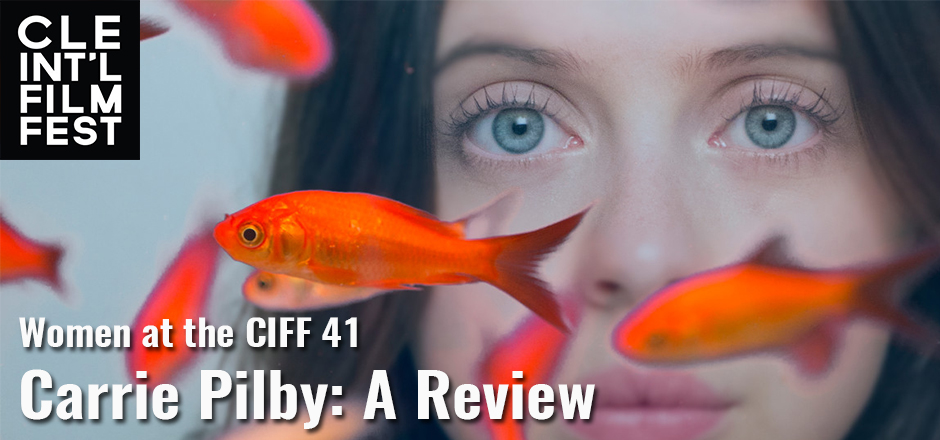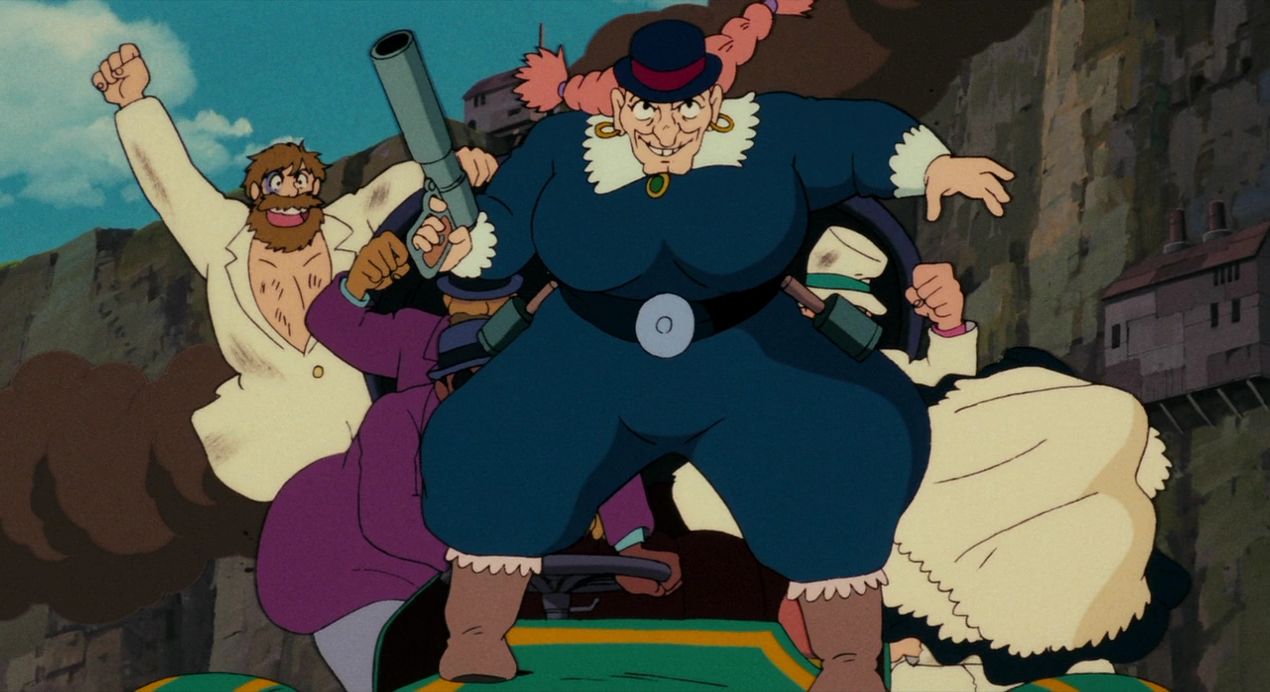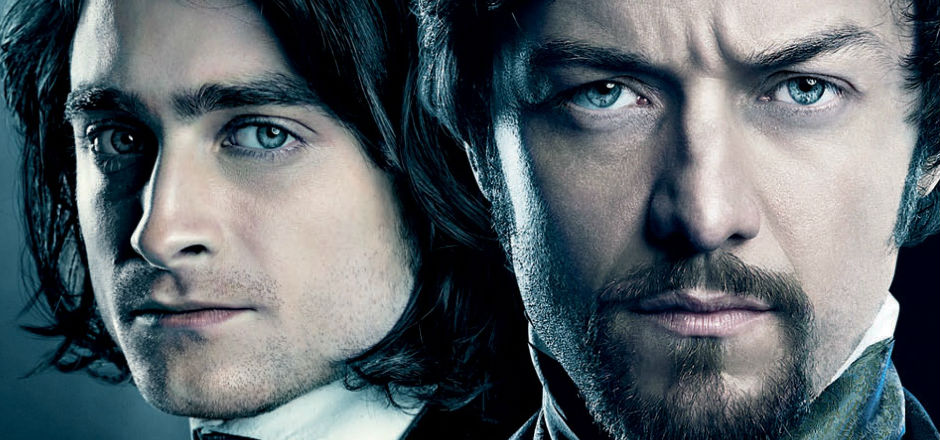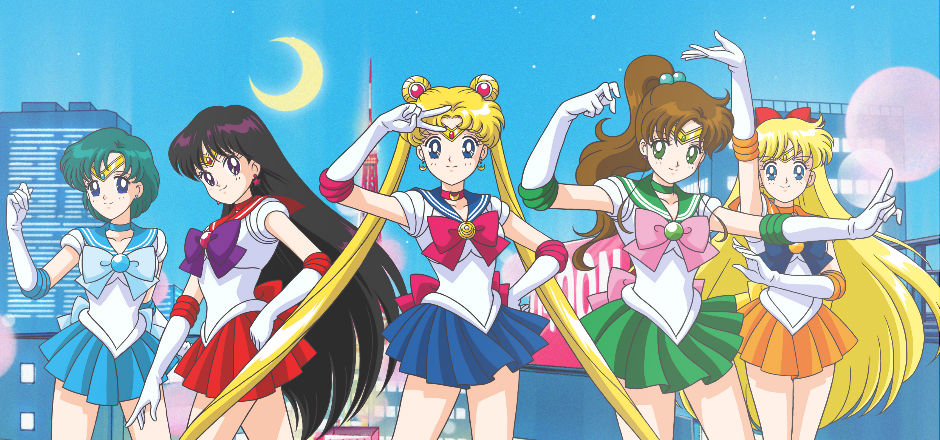Sometimes, no matter how well crafted your film is, it can’t hide poor writing. Susan Johnson’s Carrie Pilby (2016) stars Bel Powley in the titular role, alongside Nathan Lane, Gabriel Byrne and Vanessa Bayer. That’s a lot of bigger names for a limited release. Unfortunately, even these more experienced actors couldn’t make the clunky and cliche dialogue feel natural.
Carrie Pilby is a child prodigy living in New York City after graduating from Harvard at a very young age. 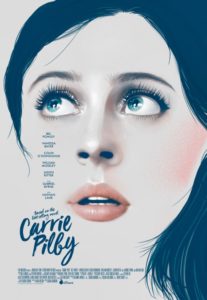 Her incredibly high intelligence seems to isolate her from not only social events but her own family back in her hometown of London. Carrie is trying to work on herself, though, adhering to her therapist’s suggestion to make a list of goals: buy a pet, go on a date, read your favorite book. The film follows Carrie as she strives to achieve these goals. It’s a classic coming of age formula that doesn’t do enough to hide the formulaic structure.
Her incredibly high intelligence seems to isolate her from not only social events but her own family back in her hometown of London. Carrie is trying to work on herself, though, adhering to her therapist’s suggestion to make a list of goals: buy a pet, go on a date, read your favorite book. The film follows Carrie as she strives to achieve these goals. It’s a classic coming of age formula that doesn’t do enough to hide the formulaic structure.
The cinematography of this film was beautiful, only made moreso by the excellent art direction. From the framing and lighting to the wardrobe and set design, it all came together to create a visually interesting and pleasing image. My eyes were never bored. All the technical elements of the film were spectacular. Unfortunately, these technical elements are like pretty bulbs on a subpar Christmas tree.
There was no depth to the dialogue. What I mean is, the characters would just outright state the conflicts and themes of the movie. And the thing is, those kinds of things sound very cheesy when said aloud. It feels weird when our lead plumps down in front of her therapist and reiterates all her issues, as if he didn’t already know them. She might as well have started the conversation off with “Get a load of this exposition.” Every character makes a sweeping and insightful comment on the nature of love. You can get away with one, maybe two, philosophical statements in a movie. Not one every scene. It loses all impact.
The movie broke the cardinal rule of “show, don’t tell.” Audiences are smarter than a lot of people give them credit for. You don’t need to spell it out for them so bluntly. I feel like a lot of this cheesy dialogue could have been saved by better direction, but a lot of plot points seemed as forced and clunky as the dialogue.
I understand that Carrie is supposed to be pretentious, but so is nearly everyone else around her. She never really humbles herself, rather than finding people who are just as pretentious as she is. There’s only so much I can take of rich, white people complimenting each other on how smart they are.
There was a startling lack of people of color in Carrie’s New York City. Nearly any man Carrie encounters is a generically handsome white guy. It was like flipping through a JC Penny catalogue. Even the extras on the street seemed disproportionately white. This makes sense if Carrie was living in a gentrified area but the movie could have made an attempt to make the world a more diverse place.
When Carrie expressed a disinterest in dating a man, another character inferred this to mean she was a lesbian. She disputed this, saying she just wasn’t interested in dating. From that point on, the movie treats heterosexual romance as the default. The concept of asexuality is just absent from any discussion Carrie has about how she doesn’t want to date. The people around her all take her refusal to mean she’s in denial about wanting a relationship and the terrible part is that, in the narrative, they’re proven right.
What I find interesting, however, is the brief discussion of consent in the film. Carrie is revealed to have had a past relationship with an ex-professor of hers. The movie goes out of it’s way to have a discussion of her consent in this instance. She makes a point to iterate that it was consensual, if incredibly creepy. I commend it for doing that. I feel like if this movie were directed or written by a man, they wouldn’t have even considered to address it in the first place.
This movie’s script was weak, meaning the whole thing was built on weak bones. The movie took itself too seriously to get away with being fun in its unrealistic character development and plot points. What I’ll excuse in a silly romantic comedy gets no such pass in a movie that can’t take a strong stance in drama or comedy, instead choosing to straddle that line disqualifying itself from both. The movie literally ends with her looking into the camera, like it was a romantic comedy the entire time. Like we just didn’t just sit through seven different conversations about the nature of love.
All in all, the movie was underwhelming as a whole but worth a watch if you’re looking to support women filmmakers. If you appreciate the technical craft of filmmaking, you’d probably really enjoy this movie. If you appreciate subtle writing and storytelling, not so much.
